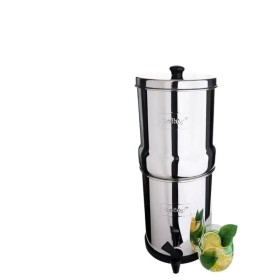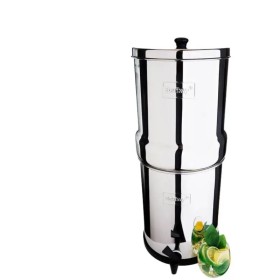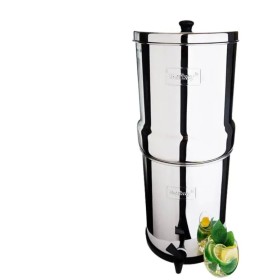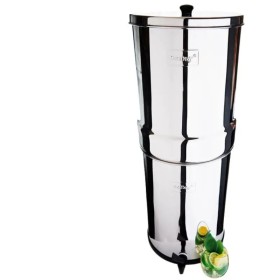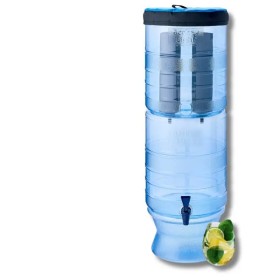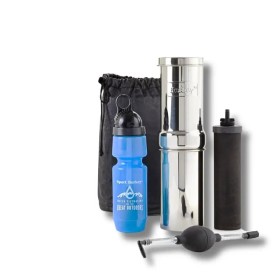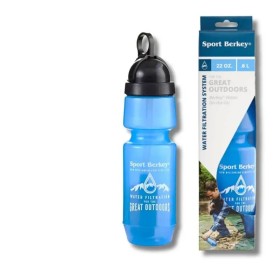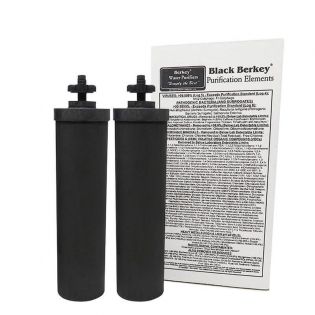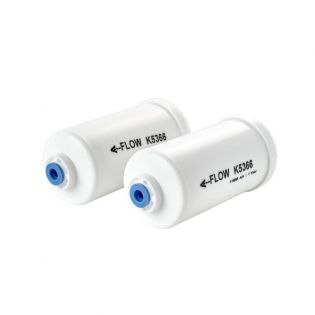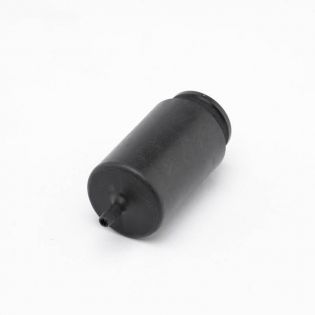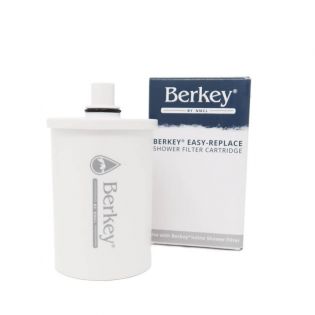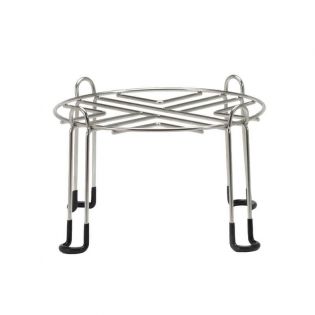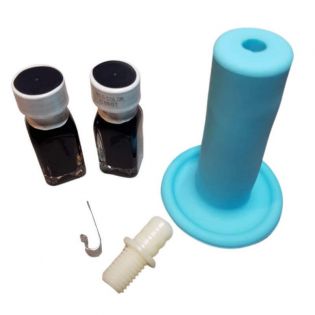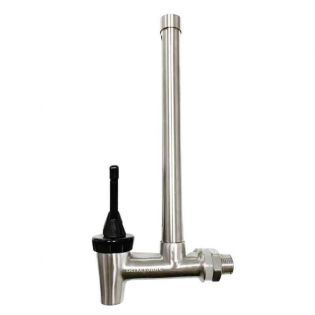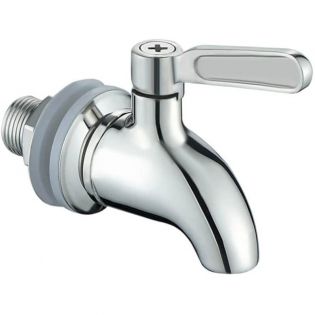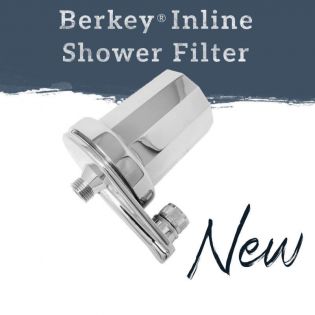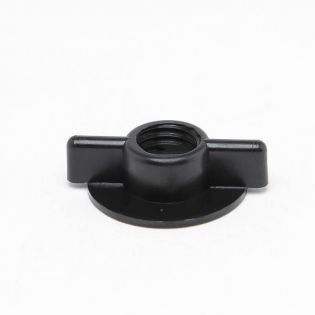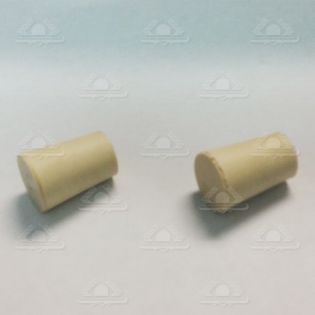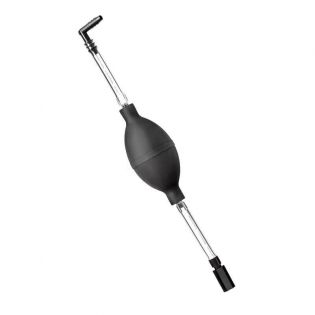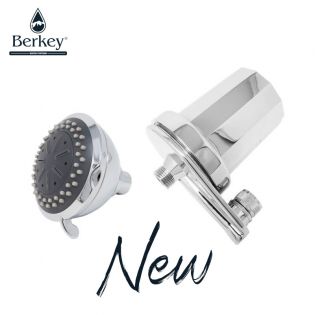How long do Black Berkey® water filters last?
Each Black Berkey® water filter is designed to filter and purify approximately 11,350 liters of water before needing to be replaced. The pair of elements in all Berkey® systems (except the Go Berkey®, which has only one) will filter and purify approximately 22,700 liters of water before needing to be changed.
That's about 10 years of use for two Black Berkey® filters used in a system for a family of four, each consuming 1.5 liters of water per day.
Sample calculation to determine when to change the filters on a Big Berkey® system:
The Big Berkey® has a capacity of 8.5 liters. If the system is filled completely once a day, the calculation would be: 22700 / 8.5 / 365 = 7.3 years
This formula can be adapted to your model and daily filling habits to determine how often you should consider changing your filters.
Important note: the theoretical life span may vary depending on the water you are filtering. Not all water is equally loaded. This theoretical life is therefore not universal and is totally dependent on the formulation of each type of water and the maintenance given to the filters.
You can also apply this formula to PF-2 filters starting with the theoretical filtration capacity of 3800 liters.
FAQs From Same Category
The composition of the purification elements Black Berkey® used in Berkey® systems is an exclusive, patent-protected formulation based on the assembly of six different types of specific media, including very high quality activated carbon. Assembled in a very compact matrix containing millions of microscopic pores, they allow the creation of a "tortuous path" through which the water will pass but not the pollutants. Indeed, these channels are so fine that all undesirable elements are inevitably captured. Through absorption and adsorption, even submicron viruses are blocked, which other water filters cannot achieve without chemicals.
The activated carbon block is impregnated with an ion exchange resin. Activated carbon adsorbs or chemically binds to organic compounds, such as petroleum-based fuels and solvents, many pesticides and pharmaceuticals. Ion exchange resin removes many dissolved metals from water by exchanging toxic heavy metals (such as lead, mercury and cadmium) for lighter, essentially harmless metals (such as sodium, the main component of table salt). All this allows for a complete and extremely efficient filtration.
Furthermore, the manufacturer Berkey® New Millenium Concept Ltd. confirms that no graphene oxide is used in the composition of the elements.
More details can be found on the page dedicated to the operation of Berkey® water filters.
That's right! Silver is used as an anti-microbial so that each Black Berkey® element can self-sterilize. Analysis was performed by an independent laboratory to ensure that the silver used does not dissolve in the purified water and this is exactly the case. The analysis concludes, "All control samples, including stock samples, positive and negative analytical controls, and the negative control collected prior to plating gave appropriate results and were accepted. Results for the leaching control samples (effluent sample spiked with MS2 and R. terrigena and analyzed at two time points) were quite similar, suggesting that no active antimicrobial agents dissolved in the treated water."
You can check the results in this full report.
Yes! BPA is not present in any Berkey® system or any part of it. No BPA in Black Berkey® filters and no BPA in the Berkey Light® or Sport Berkey® Filter Bottle either.
Effectively, water that passes through Black Berkey® filters tends to be more basic than it was before. Its pH goes up. And that's actually a good thing... This is because pathogenic bacteria and viruses tend to thrive in acidic environments and have difficulty surviving in alkaline environments. And the higher the pH, the more alkalinity there is.
Nevertheless, it should be kept in mind that the final pH level of the treated water may depend on other factors, such as the pH level of the water before filtration.

